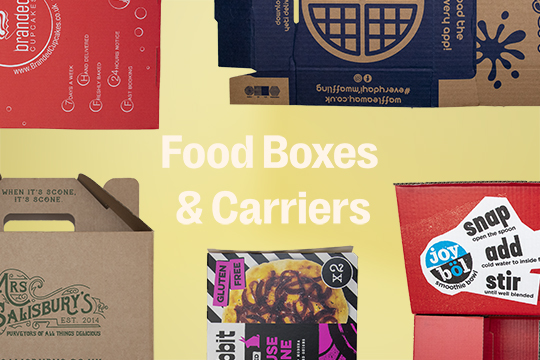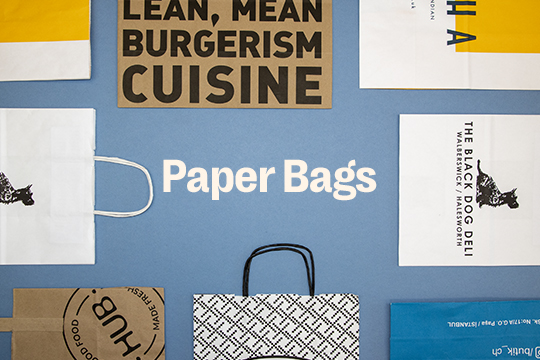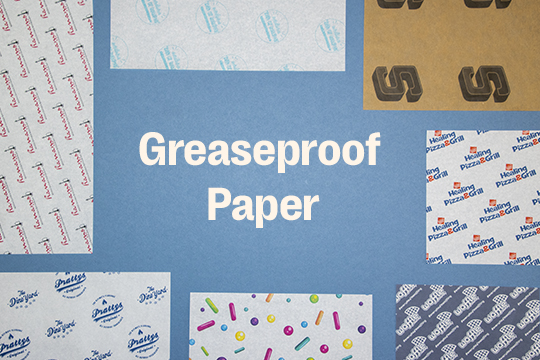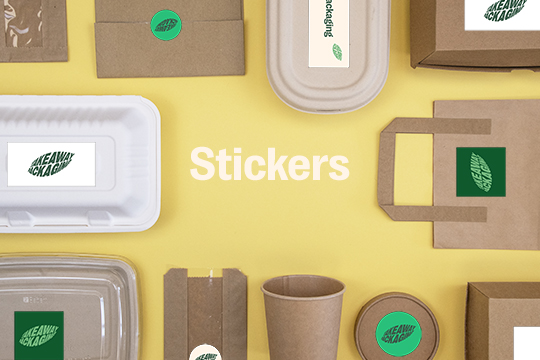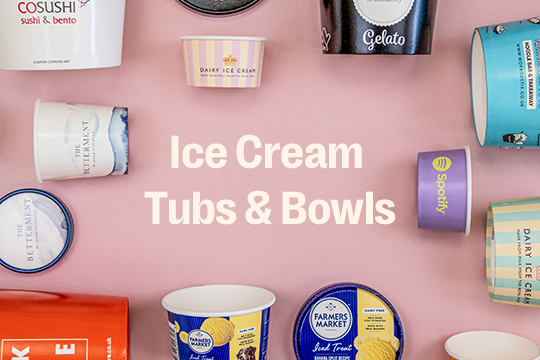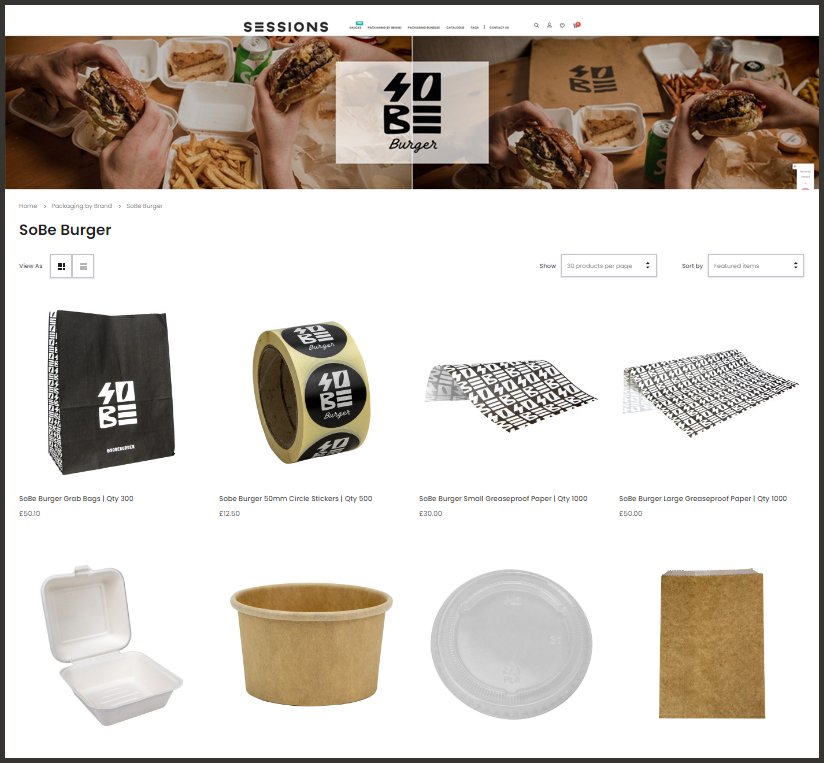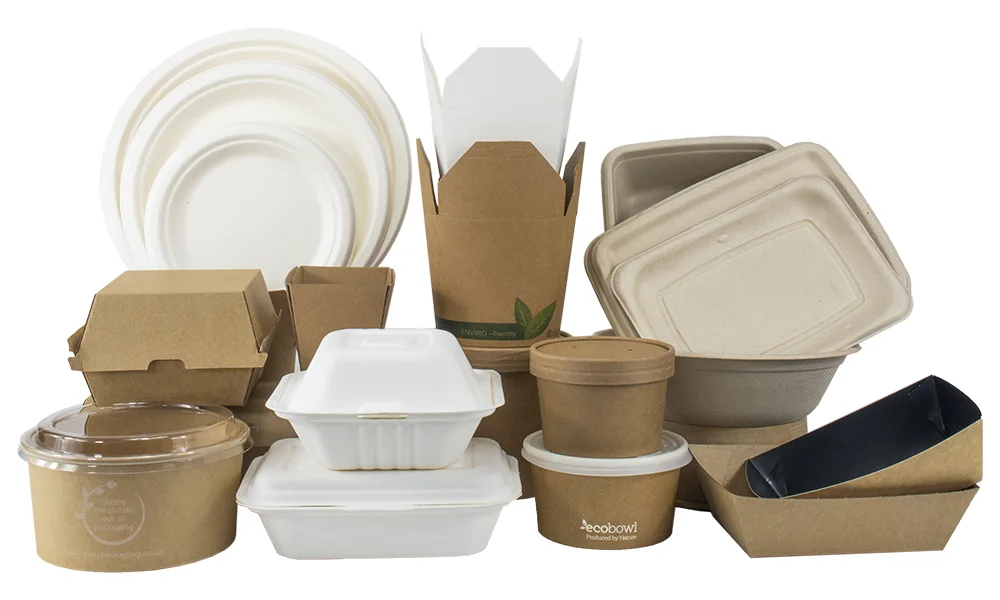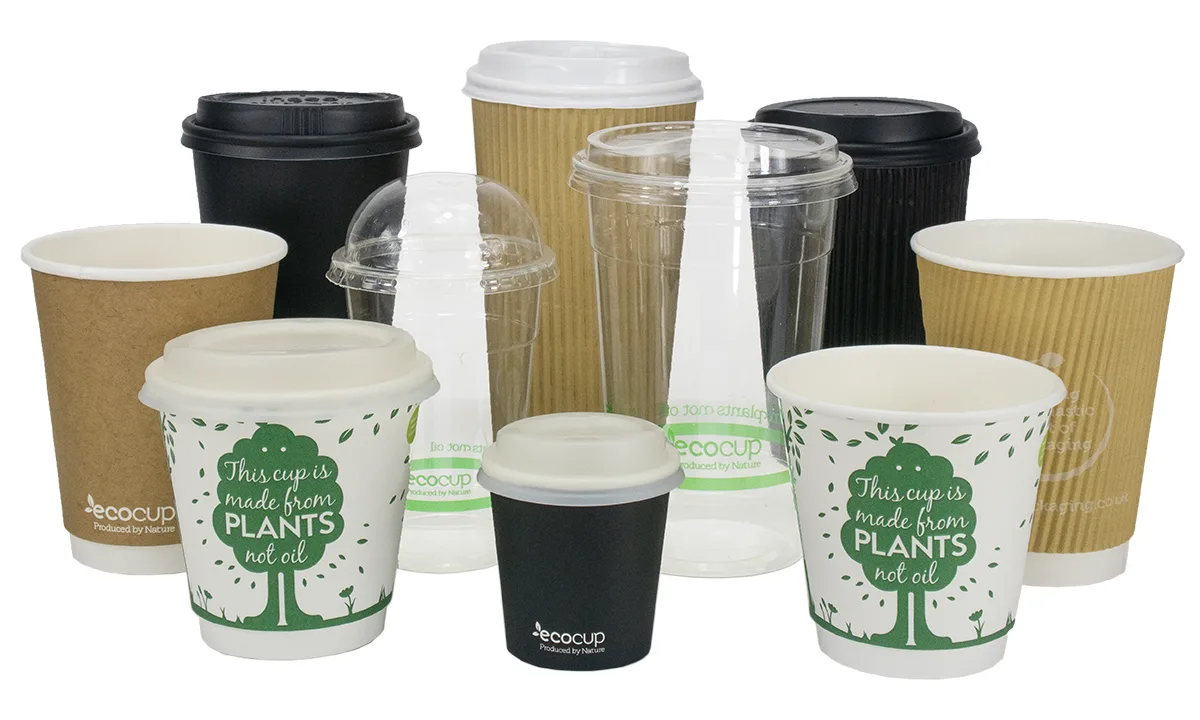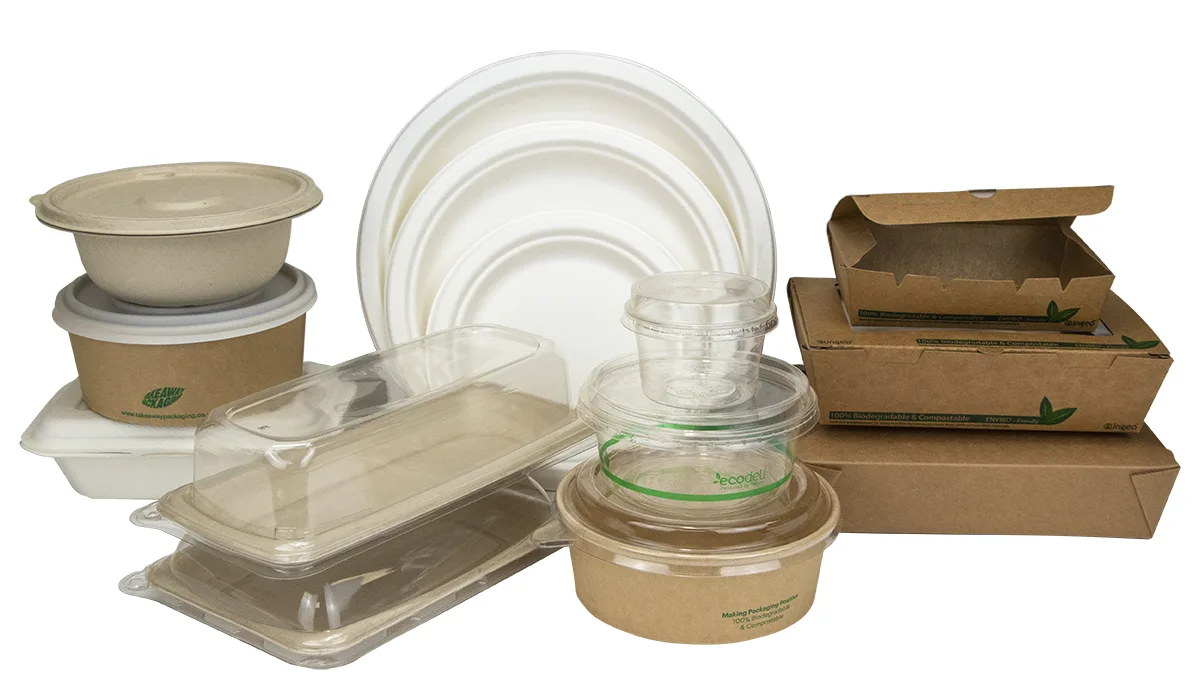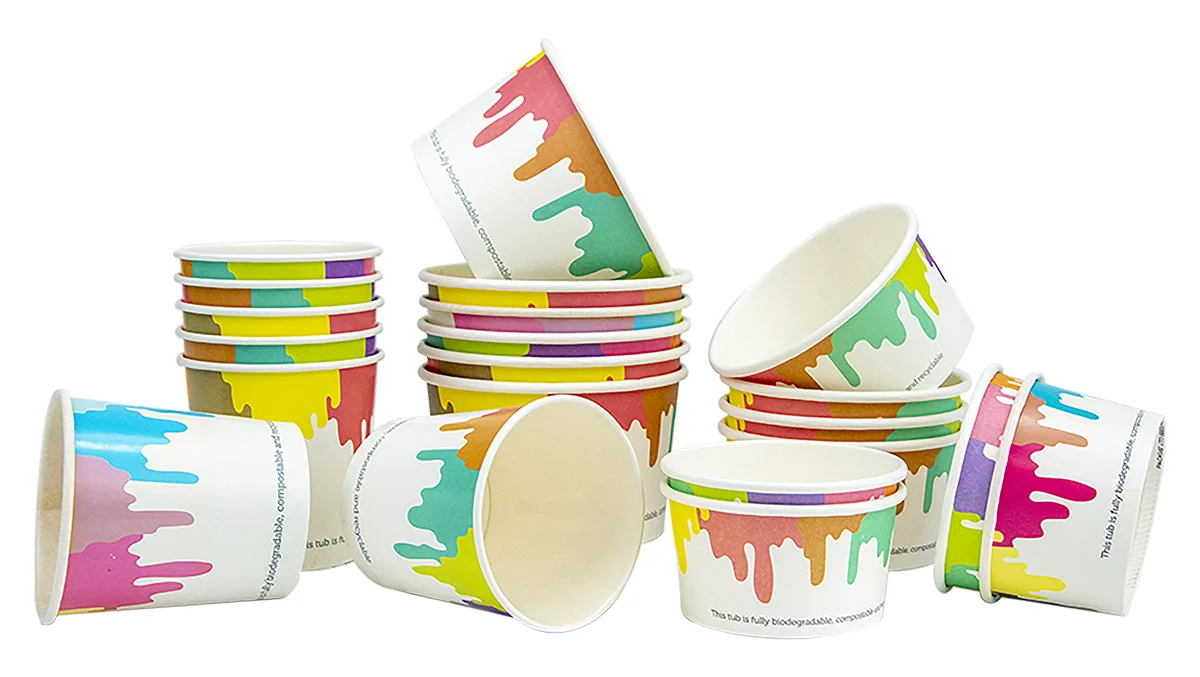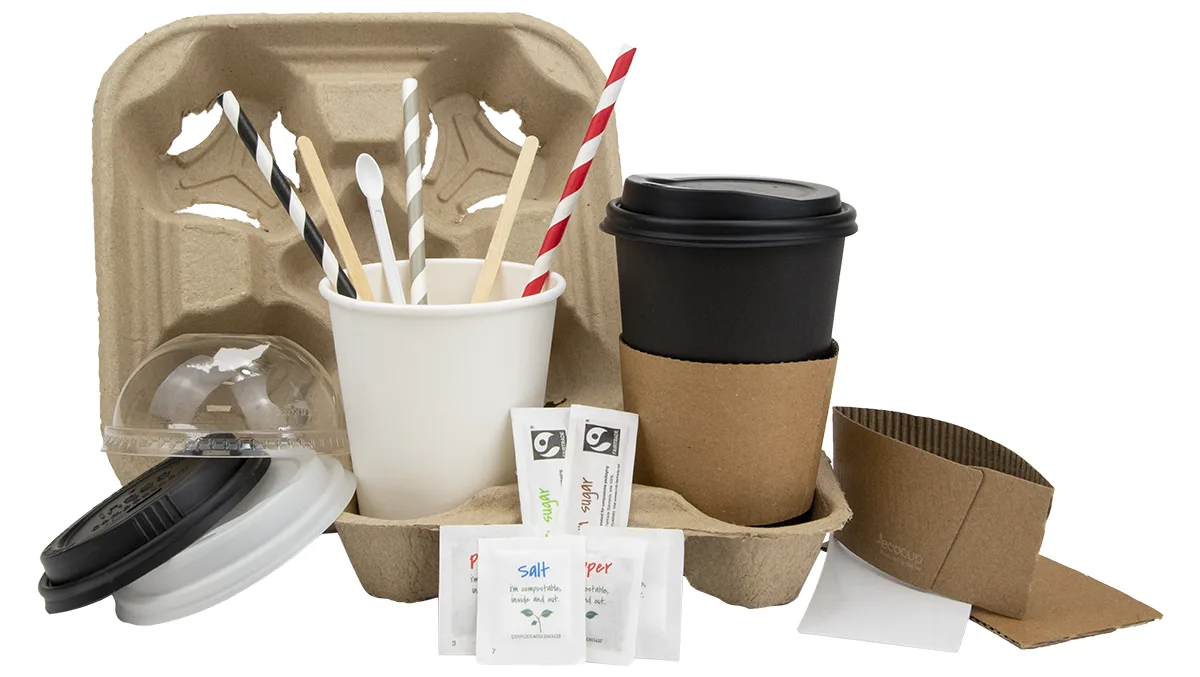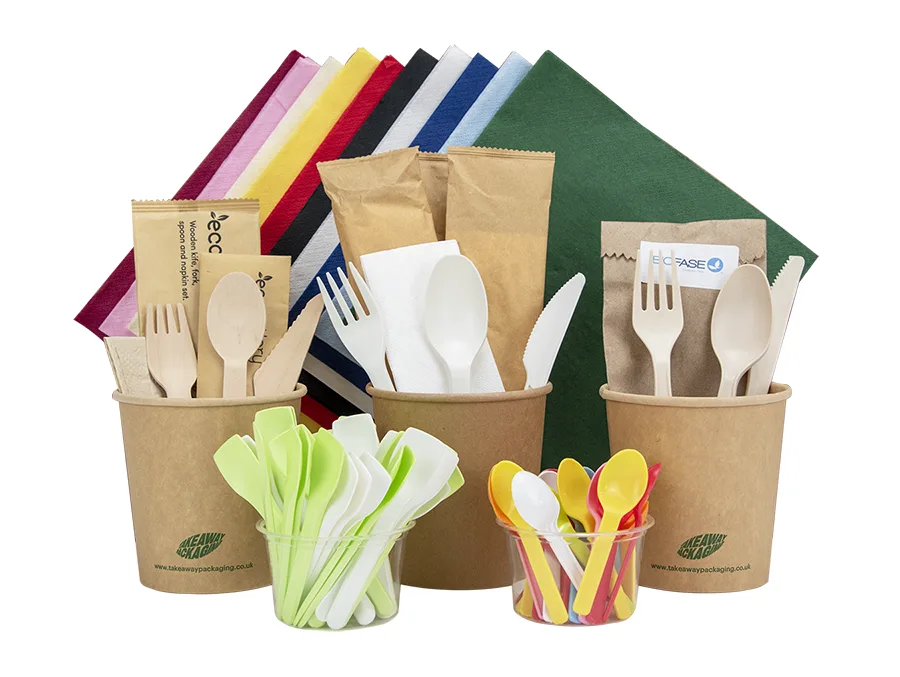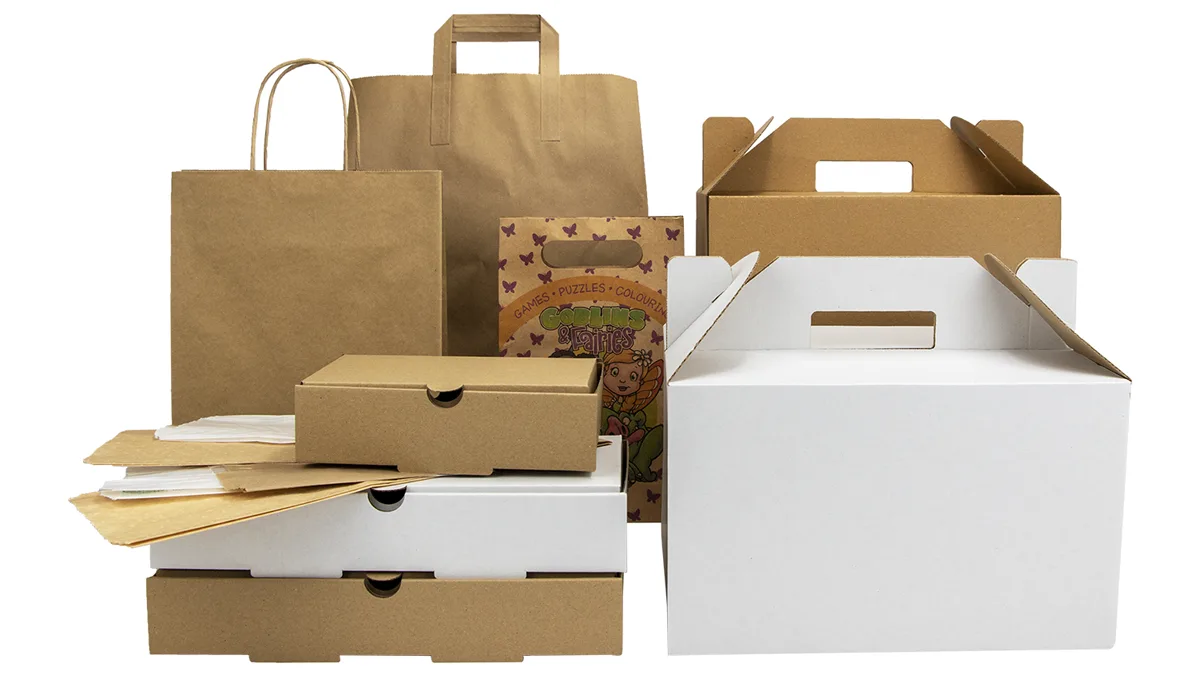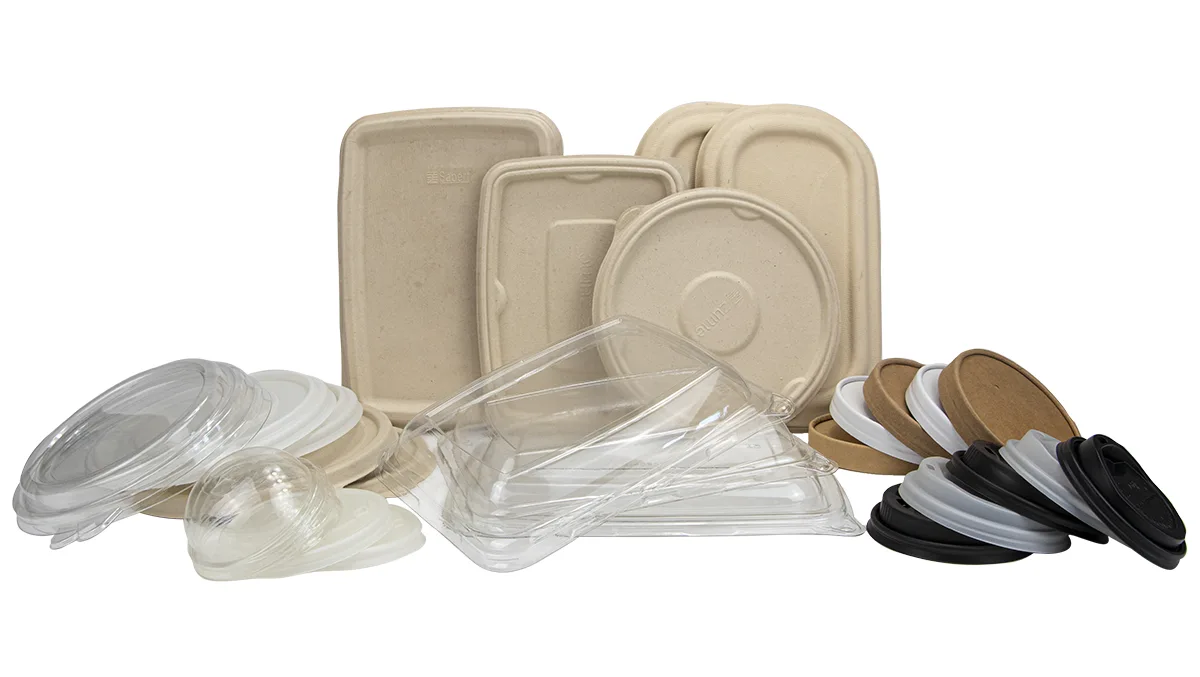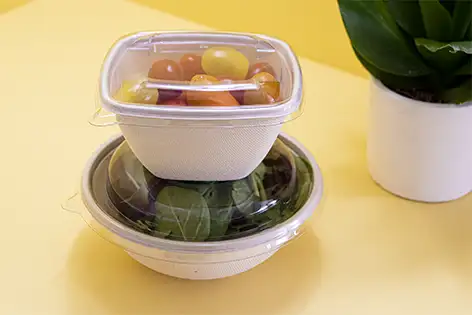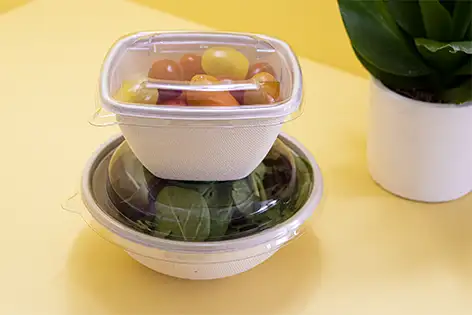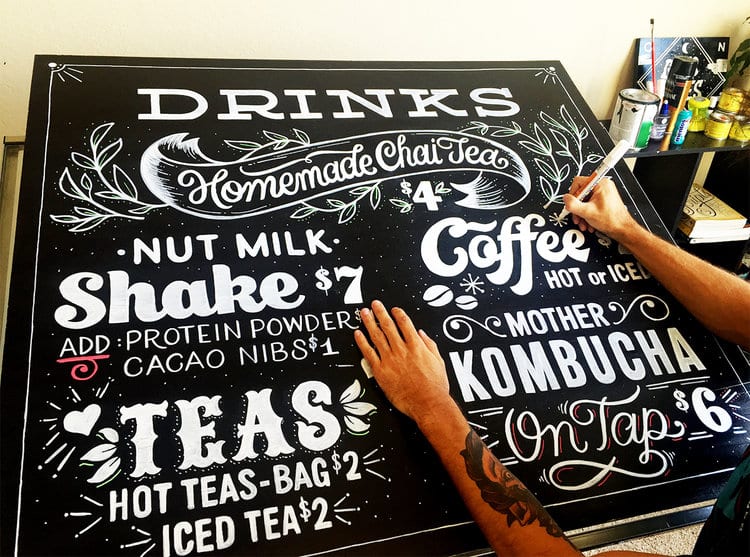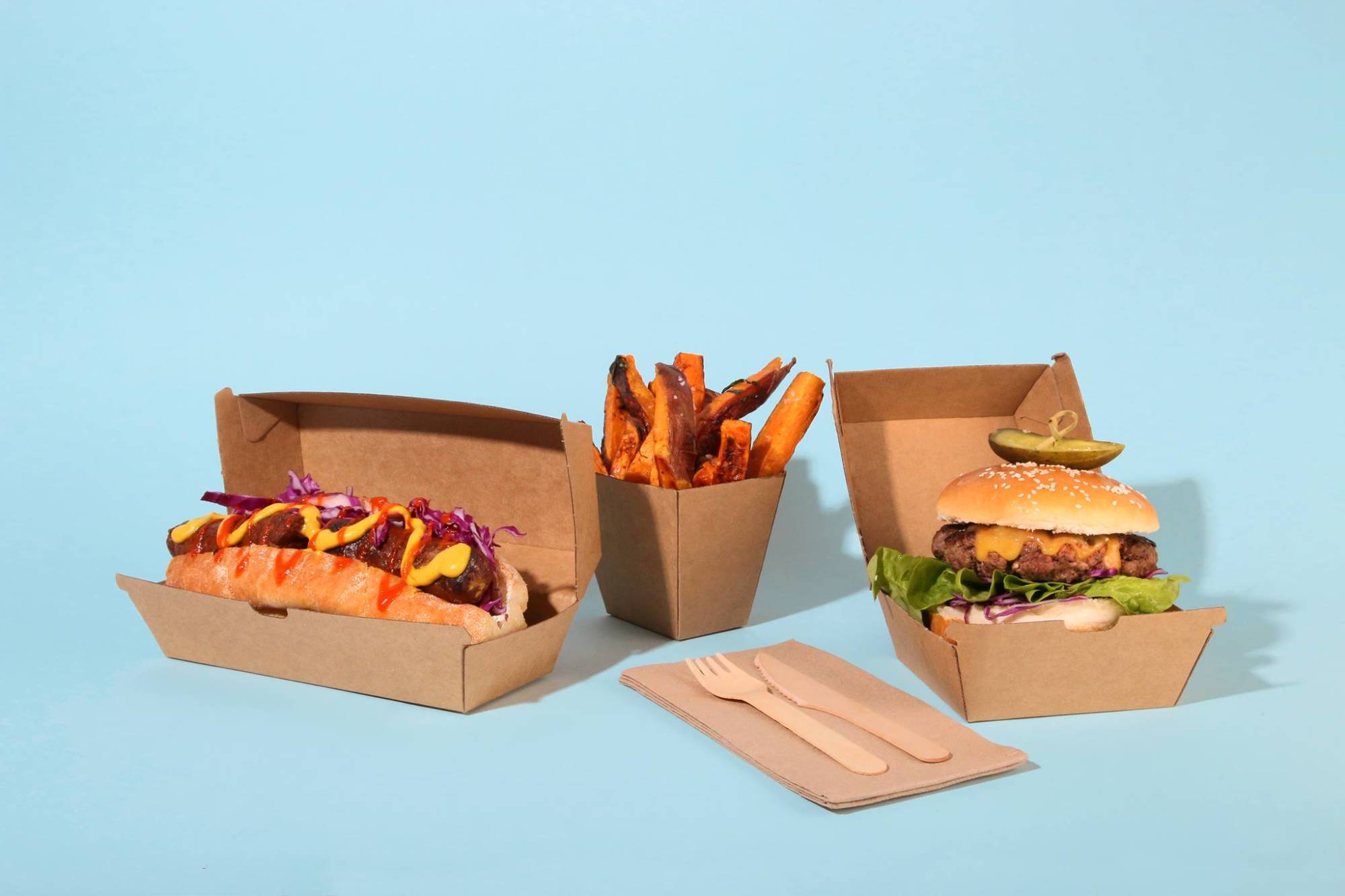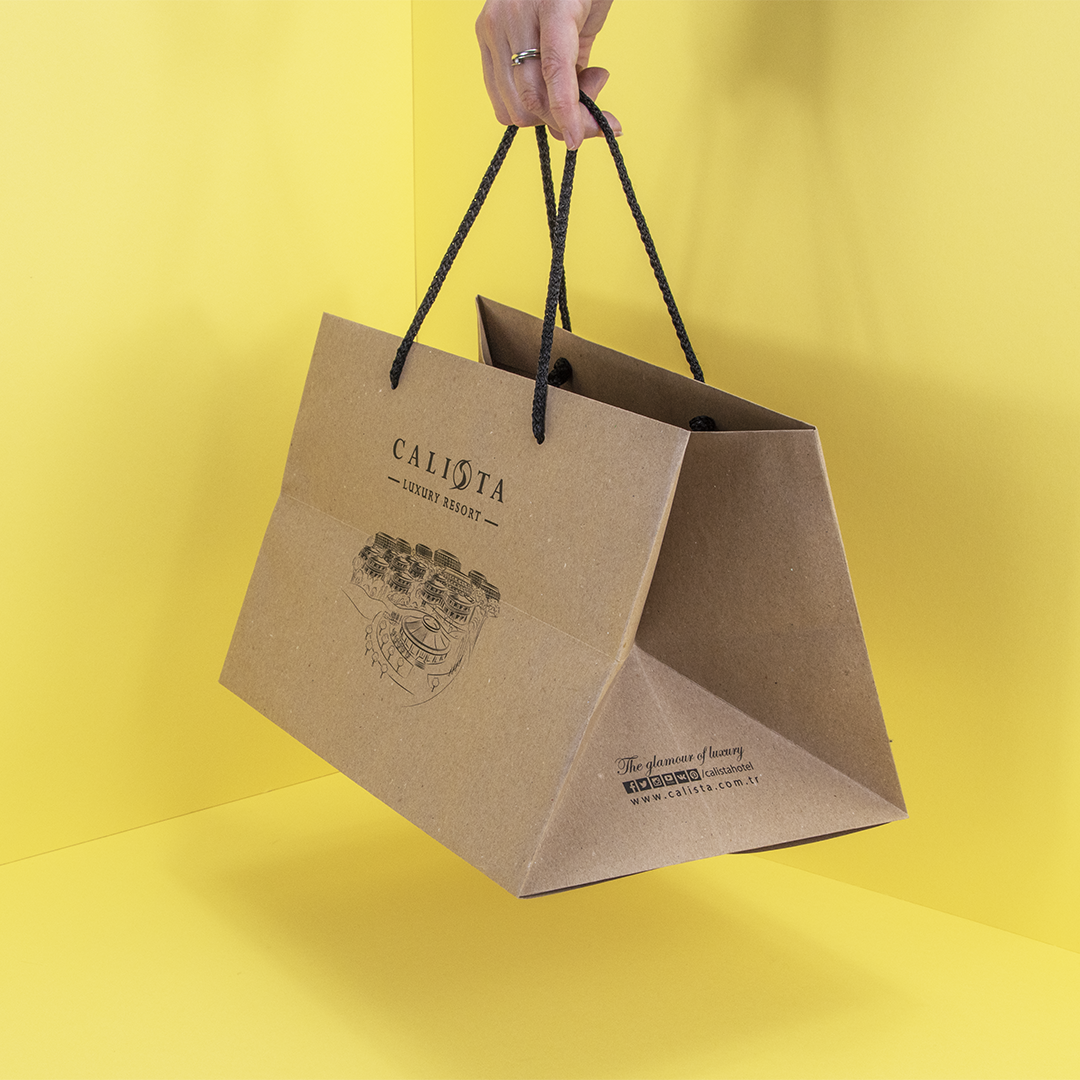Food waste is killing the planet. Here’s how you can turn the tide during Food Waste Action Week with Takeaway Packaging.
About one-third of food produced worldwide goes to waste. In the UK alone, around 9.5 million tonnes of food waste is generated annually, which makes up 22% of all the food purchased by consumers. While that’s slightly better than the global statistic, it still means that for every meal Brits eat, nearly a quarter goes straight in the bin.
Figures for household food waste have improved over the past 15 years, but there are several ways businesses and consumers could do more to combat the problem. We’re doing our part ahead of Food Waste Action Week.
What Is Food Waste Action Week?
This year’s Food Waste Action Week event aims to raise awareness about food wastage. It hopes to create lasting change and help the UK meet the UN’s Sustainable Development Goals, one of which is to halve global food waste by 2030. It takes place between 7-13th March 2022. After the success of Food Waste Action Week 2021, countless high-profile organisations have become partners, including Aldi, KFC, Danone, IHG Hotels & Resorts and Ocado Retail.
Why Is So Much Food Wasted?
It’s shocking to discover how much food is wasted in the UK and internationally. At a time when food banks cannot meet demand, it’s clear that the world is in a bizarre paradox: millions of people go hungry every day, while others throw away endless amounts of perfectly edible food.
To figure out why so much food is wasted and tackle the issue head-on, we need to look at consumer behaviour and understand why that behaviour occurs.
WRAP identified some reasons why people throw away food:
– Buying Too Much Food — The most common reason people waste food is that they buy too much. Whether it’s at the supermarket, restaurants or ordering takeaways, having too much food means some will always end up going to waste.
– Preparing Too Much Food — Cooking large meals and leaving food on your plate at meal times leads to wastage, but the issue also relates to batch cooking meals. While batch cooking is a great way to consistently eat healthily and reduce food preparation time, everything you make should be eaten to minimise waste.
– Food Spoils Before It’s Eaten — You might have good intentions when buying fresh produce, but if it spoils before you get a chance to eat it, you’re wasting food and money. Dried, canned or tinned food last longer than fresh produce, so it’s good to have a mix of both in your weekly shop.
Of course, these issues are much closer to home than food loss — taking place during production, storage and distribution of food in the global supply chain — but food waste remains a pervasive and preventable problem.
Easy Ways to Reduce Food Waste
The average UK household throws away £700 worth of food annually, so there’s plenty of incentive to slash food waste — it could save you hundreds of pounds a year.
Here are a few handy ways to reduce food wastage:
– Plan Your Meals — Meal planning means less waste. Purchasing produce that’ll be prepared, cooked and consumed almost straight away makes sure everything you buy gets used. Mapping out what you’re eating for breakfast, lunch and dinner — and perhaps a few snacks in between — takes forethought and commitment, but it saves money, reduces food waste and protects the planet.
– Get Savvy with Apps — Too Good To Go sells surplus food at discounted prices from eco-conscious restaurants, coffee houses, sandwich bars and other food and drinks outlets. This helps consumers get good value meals that’d otherwise go to waste, and it also helps businesses’ bottom lines, giving them something in return for meals that’d otherwise end up in the dumpster outside.
– Donate Surplus Food — Food banks help to feed those in need, but rely on your goodwill and support. Over 90% of food distributed by food banks in the Trussell Trust network — the largest food bank operator in the UK — is donated by the public. Food donations are crucial, but other household essentials are welcome, including toiletries and hygiene products. There are plenty of other ways to donate to food banks to help out too, including cash donations.
– Introduce Portion Control — If there’s always food left on your plate, consider implementing portion control. Weighing out ingredients and sticking to tried-and-tested recipes will mean you’re eating the right amount without going hungry or wasting food.
– Optimise Food Storage — A messy fridge can lead to forgetting about food. Use glass containers or beeswax wraps to keep food fresh, and keep things that spoil the quickest towards the front of your fridge so you can consume them before they go off.
If you’re wondering about ways to prevent food loss as well as food wastage, buying local produce — or supporting businesses that use local produce — is a simple way you can shorten the food supply chain, which, in turn, reduces the likelihood of food loss.
Reducing Food Waste with Packaging
Part of the food waste problem relates to packaging. Stopping food from spoiling as it moves through the supply chain is essential, but that plastic-clad broccoli in the supermarket contributes to plastic pollution, an equally concerning global problem.
There’s a trade-off between making food last long enough and creating plastic waste, and while zero waste shops are a great initiative that is forcing supermarkets to think more ecologically, they are less cost-effective to the average consumer and are not yet well established.
So what about takeaways?
Those plastic takeaway containers aren’t suitable for food storage. They’re potentially hazardous to human health and do nothing for the environment. This is where the right packaging makes all the difference. Our eco-friendly packaging helps keep food fresh from kitchen to counter. You can serve hot or cold food that stays at the right temperature, giving customers an enjoyable and waste-free experience.
Check out our online shop and discover recyclable, compostable and biodegradable food packaging that minimise food and packaging waste. Looking for a branded packaging solution to show off your eco-friendly credentials? Get in touch for a free design quote.


